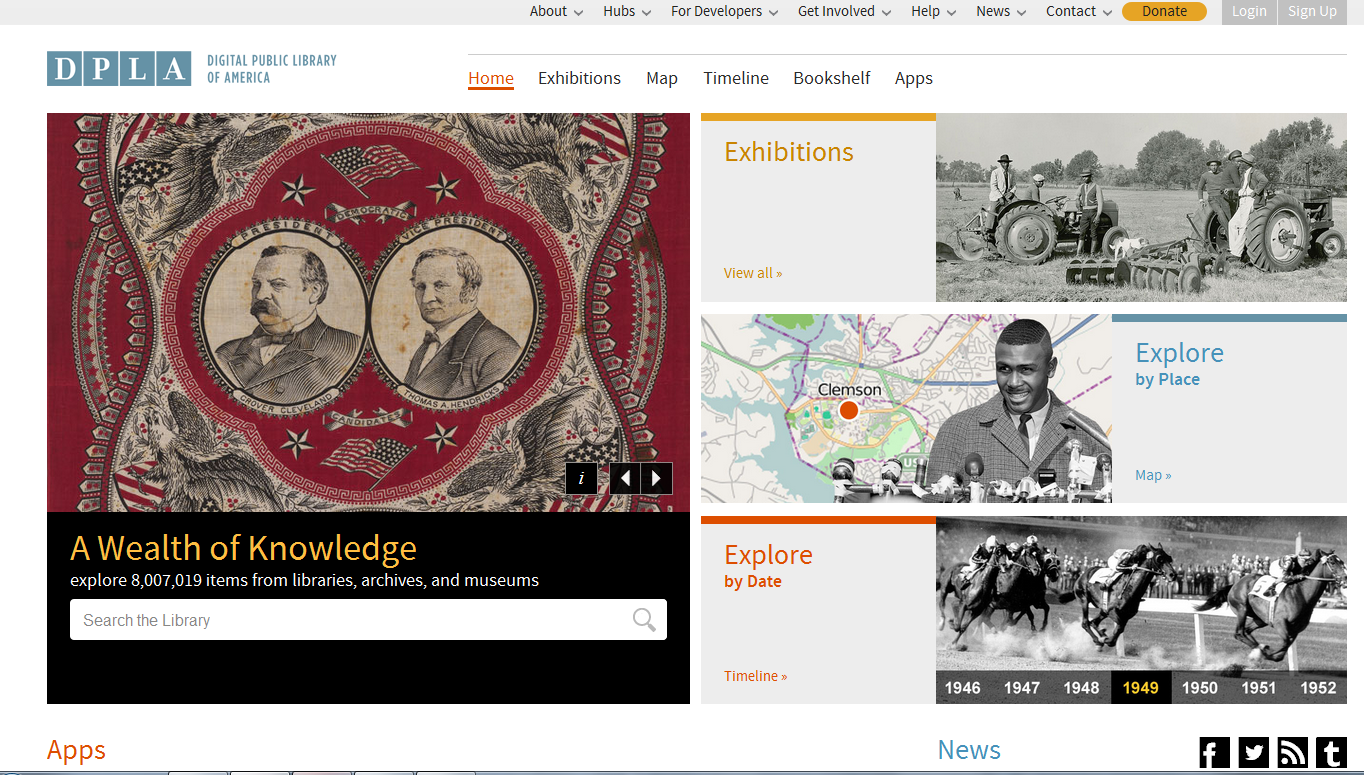Grace DuMelle of the Newberry Library joined us last night for an interesting and informative presentation on Chicago genealogy. She emphasized the address changes that took place in 1909 and the wealth of newspapers available for our area--there's more than just the Chicago Tribune and the Chicago Sun-Times.
Grace mentioned several databases that Cook Library subscribes to, including Sanborn Maps and Newspaper Archives. (Both of these must be used in the library, but they are available through the end of November through the TryIt! Illinois program. See previous post for more information.) She also mentioned Fold3 and the Chicago city directories it contains. Fold3 can be accessed from home with your Cook Library card.
Following are some "must-have" websites for researching Chicago ancestors. Make sure you read through the websites thoroughly. They are information rich.
- ChicagoAncestors. Use this for finding churches, schools, and businesses near a specific address. You'll also find good reference material on street name changes and address changes, among other details.
- Illinois Regional Archives Depository at Northeastern University has original records from Chicago and Cook County.
- Chicago History Museum
- Use the Cook County's FOIA page and fill out a request form for inquest files. (Include the name you're searching and the date of death)
- Illinois Newspaper Project for finding newspapers from suburbs and neighborhoods. Request the microfilm through Interlibrary Loan!
And don't forget Grace's book, Finding Your Chicago Ancestors. You can check it out from the library or purchase it from Amazon.
Happy researching!
~Sonia








